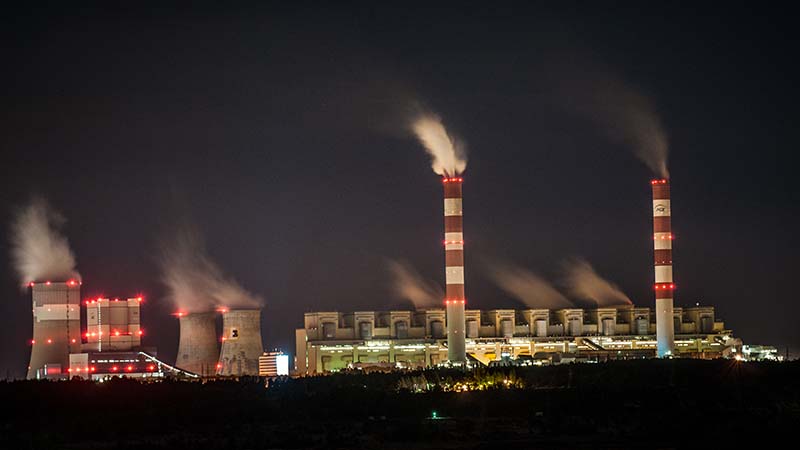Poland will not use revenues from a planned “green bond” for coal projects, the finance ministry said on Monday.
The coal-guzzling nation surprised many when it revealed the fundraising initiative last week, given its hostility to renewable energy.
It is seeking to raise between €500 million and €1bn in the first quarter of 2017 to finance green energy, transport, farming and forestry initiatives.
As its roadshow kicked off this week, Warsaw-based business newspaper Parkiet reported potential investors were sceptical. One suggested the money could benefit the coal sector, which supplies 85% of the country’s power.
But a government spokesperson told Climate Home: “Under no circumstances the proceeds from the green bonds can be used to buy coal assets.”
An independent review from consultancy Sustainalytics described the framework for using the funds as “robust, credible, and transparent”.
What is a green bond?
A bond is a way of raising finance. A government, bank or corporation borrows money for a fixed period of time. It pays the lender – which could be an individual or institutional investor like a pension fund – a fixed or variable interest rate each year.
The global bond market is worth more than US$100 trillion.
Green bonds are a small but growing sub-sector of the market that channel this source of finance towards environmentally friendly projects. Climate Bonds Initiative counts US$77.5bn worth of labelled green bonds issued in 2016.
Sean Kidney, chief executive of the Climate Bonds Initiative (CBI), admitted he was surprised to see Poland leading on this small and growing sector of the bond market.
It is in a race with France, Luxembourg and Nigeria to release the world’s first sovereign green bond – from a government, as opposed to development bank or company.
CBI develops and monitors standards for labelling bonds as “green” in different sectors, to align with international climate goals.
While the Polish government is not using CBI’s framework, Kidney said it appeared to have “done everything the right way”.
“What we need is to see a pipeline [of green projects] and to be sure it is not just a marketing exercise,” he told Climate Home. “Investors don’t like to invest in something unless there is more of it.”
Report: Court blocks Polish coal plant, in victory for campaigners
Dave Jones, energy analyst at think-tank Sandbag, called on the bank overseeing the share issue to make sure it was used for its stated purpose.
“It is exciting that governments are now becoming interested in green bonds,” he said. “However, green bonds cannot be seen as a mechanism for merely moving money around to refund existing projects. HSBC, as leaders of this process, have a responsibility to ensure this injection of money will fund genuinely new and genuinely green investments in Poland.”
Weekly briefing: Sign up for your essential climate politics update
